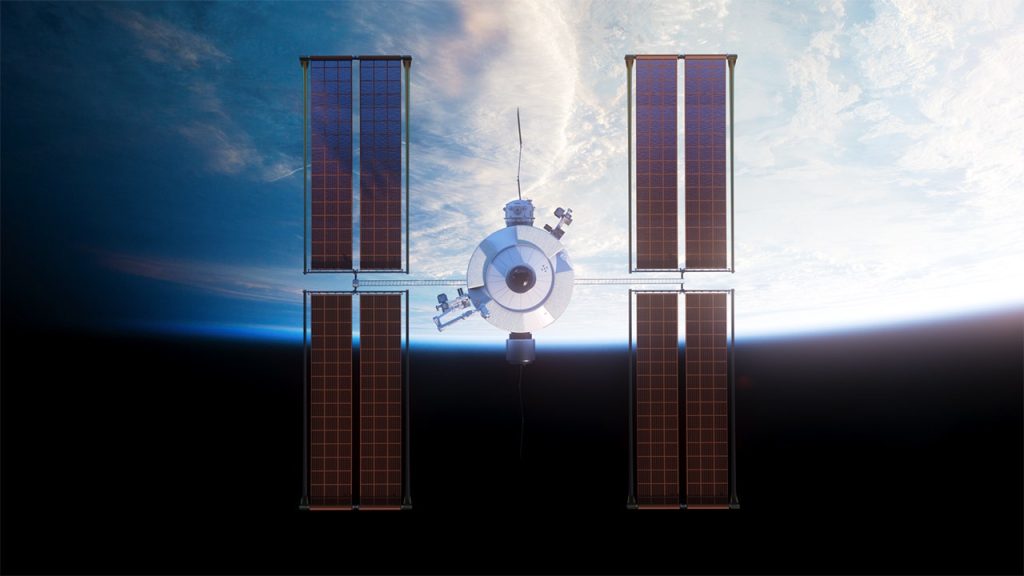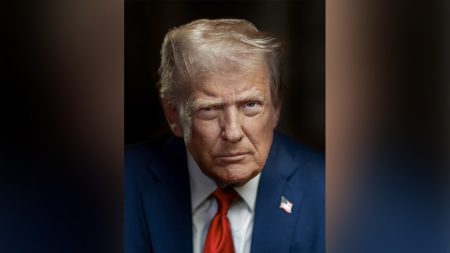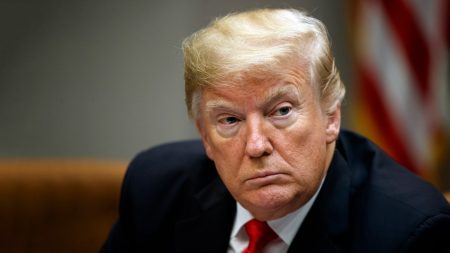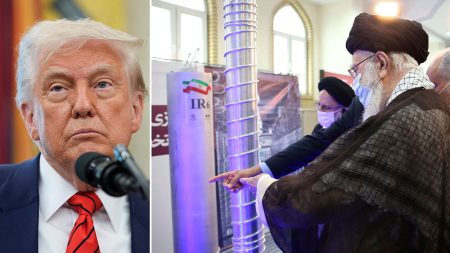The International Space Station (ISS), a symbol of international collaboration in space, has been a hub for scientific research and exploration since its launch in 1998. However, the exclusion of China from the initial agreement, driven by US political concerns, has led to a new dynamic in the space race, with China emerging as a significant independent player. This exclusion, rooted in congressional directives prohibiting collaboration with China due to perceived secrecy and military ties within its space program, prompted China to develop its own space station, Tiangong. This decision set the stage for a renewed space race with potentially significant geopolitical implications.
The US justification for excluding China revolved around concerns of technology transfer and maintaining its competitive edge. These concerns, voiced by NASA officials and echoed in Congressional legislation, effectively barred any bilateral cooperation that could provide China with a strategic advantage. This stance reflects a broader geopolitical rivalry between the two nations, encompassing economic and leadership ambitions, particularly in the realm of space exploration. China’s response was to invest heavily in its own space program, culminating in the successful launch and operation of Tiangong, showcasing its growing capabilities and ambitions in space.
The decision to exclude China now presents a potential dilemma for the US and its international partners. As the ISS approaches the end of its operational life, the US is relying on commercial companies to develop replacement stations. However, funding uncertainties and potential delays raise the possibility of a gap in US presence in low-Earth orbit, a scenario that could leave China as the sole operator of a space station. This echoes a previous situation with the Space Shuttle program, where budget cuts and program delays led to a reliance on Russia for access to space, a situation the US is keen to avoid repeating.
The parallel with the Space Shuttle program highlights the risks associated with relying solely on commercial partners for critical space infrastructure. The Shuttle program, retired in 2011, was intended to be replaced by the Constellation program, which aimed to develop a new generation of spacecraft. However, funding issues and delays led to the program’s cancellation, leaving the US without its own means of transporting astronauts to the ISS and forcing reliance on Russian Soyuz spacecraft. This dependence created a vulnerability and underscored the strategic importance of maintaining independent access to space. The current situation with the ISS raises similar concerns, as delays in the development of commercial space stations could create a gap in US presence, ceding leadership in low-Earth orbit to China.
NASA is emphasizing a different approach this time, focusing on international partnerships and maintaining its position as a leader in space exploration. While acknowledging the competitive threat posed by China, NASA officials maintain that the US remains the preferred partner for international collaboration. This emphasis on international cooperation contrasts with the earlier exclusion of China and suggests a recognition of the importance of alliances in maintaining a strong presence in space. However, the reality remains that China’s Tiangong space station is operational and welcoming international collaboration, potentially attracting partners who may find themselves without access to the ISS if commercial replacements are delayed.
The emergence of China as a major space power, coupled with the uncertainties surrounding the future of the ISS, presents a complex challenge for the US. While NASA is confident in its strategy, the risk of a gap in US presence in low-Earth orbit remains a real possibility. This scenario could have significant geopolitical ramifications, potentially ceding leadership in space to China and impacting international collaborations. The development of commercial space stations is crucial to maintaining US presence and leadership, but the experience with the Space Shuttle program serves as a cautionary tale against overreliance on commercial partners without adequate government support and contingency planning. The ongoing development of robotic servicing ports offers a potential interim solution, providing a form of US presence even in the absence of a crewed station, but the ultimate goal remains the establishment of a robust and reliable successor to the ISS.










